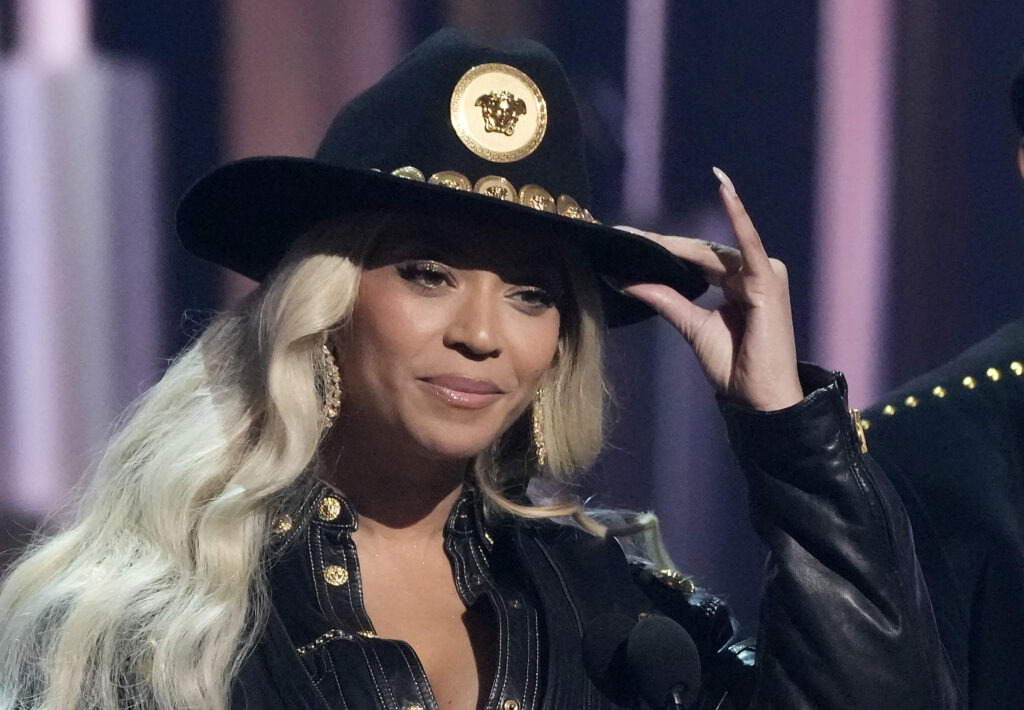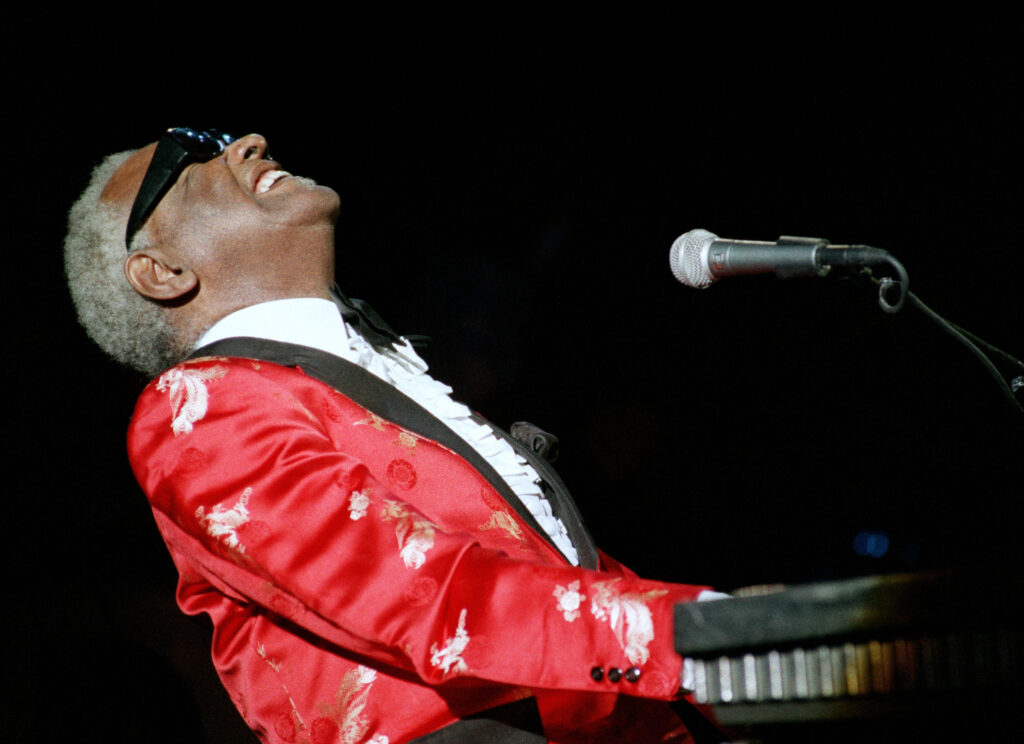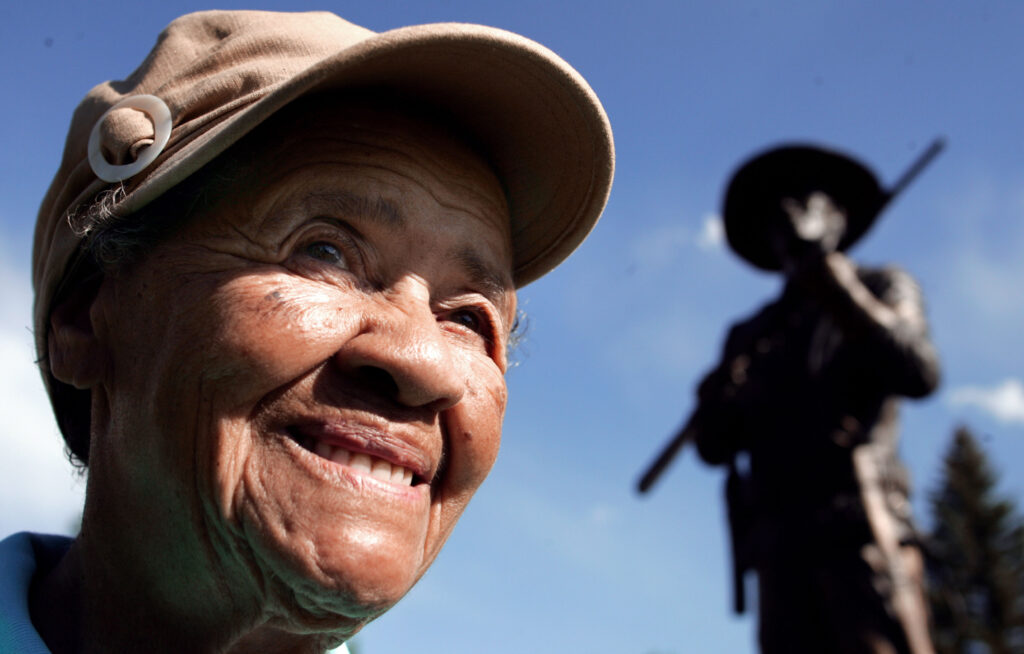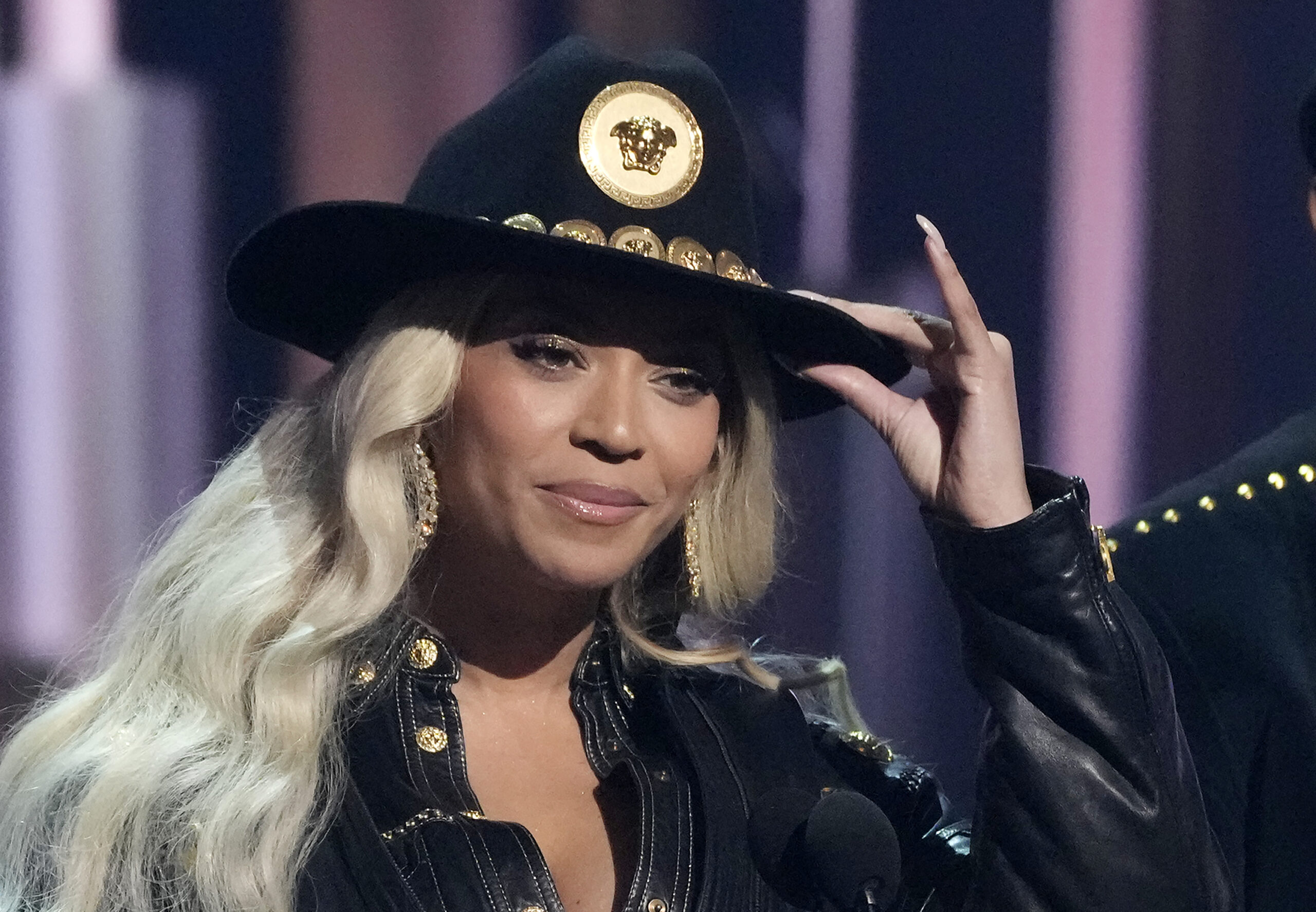Beyoncé’s “Cowboy Carter” may have set a record this week by rocketing to number one on the Billboard country music charts. But the Houston-born Knowles Carter, now the first Black woman to top the country charts, clarified for CNN that her recording was not a country album, but a Beyoncé album “rooted in country.”
Even bigger than the superstar’s genre-bending success is that her pop culture platform has pulled the covers off of the hidden history of Black country music and Western culture.

Supporting evidence includes “Black Country Music: Listening for Revolutions,” [2022] by Francesca T. Royster and also “The Black West: A Pictorial History,” by William Loren Katz (1987, 3rd ed.).
“You’ve [had] country & western Black singers for a long time,” said Cathy Jackson, Ph.D., of Norfolk State University in Virginia, who did her doctoral thesis on the American West. “Beyoncé added R&B flavor. She’s taken something that has been very popular and is just taking it to another level.”
Remember, in 2020, Lil Nas X’s “Old Town Road” blended hip-hop and country spectacularly. Furthermore, Lil Nas X showed that imitation is the sincerest form of flattery.
Six decades ago, Ray Charles, arguably the primary architect of soul music, convinced his major record label to market his country album [1962].
Then genre everyman Bobby Womack recorded an LP of country tunes [1976]. So did Millie Jackson [1981].

Johnny “Guitar” Watson of Houston was a southern blues performer in the 1950s and early ’60s who evolved to R&B/soul. Watson rocked a cowboy hat and complementing attire and scored some 1970s hits, including “A Real Mother for Ya,” and “Superman Lover.”
Beyoncé’s musical crusade merged with the March release of Mario Van Peebles’ “Outlaw Posse” movie, the latest return shotgun blast against white, right-wing, mostly southern state assaults on Black history, literature, and so many things down to the right to breathe.
Last month, Van Peebles told comedian Earthquake that one out of three late-19th-century cowboys were Black. Official sources Smithsonian and Encyclopedia Britannica confirmed that at least 25 percent — one out of every four Western cowboys — were Black American. They were a sample size of the Black U.S. population.
Van Peebles also told Earthquake on his Sirius Satellite radio “Quake’s House” show that Black fatherhood in America was not legal in America until after 1865 when the 13th Amendment abolishing slavery and 14th Amendment making Black people citizens became law. Before 1865, white plantation owners determined paternity.
One more shocker: “Cowboy,” according to Van Peebles, was initially a derogatory term used by whites to describe the Blacks who tended to cows and steers in Texas and other Southwest locales. White horsemen back then self-identified as “rough riders.”
However, when early 20th-century Hollywood portrayed an American West on film that whitewashed the Black experience, the once derogatory word “cowboy” was appropriated as gentler reference to white heroes.
Jackson of Norfolk State said Oren Wister wrote “The Virginian: A Horseman of Plains,” [1902] the best-selling novel. Taming the American West was the prerogative of Anglo Saxon [white] men, Wister told Harper’s magazine in 1895. Two decades later Hollywood’s image-making machine was rising in California and Western mythology was crafted with Black, mestizo and Indigenous American westerners airbrushed from the narratives.
Yet factually, Black people were among the first to settle the West. Among them: Juan Francisco Reyes, a mixed-race settler and cofounder of Los Angeles, then a late 18th century goat herding village.
In Texas, Blacks were about one third of the 35,000 cowboys who rode the cattle trails during that industry’s peak years 1866 to 1895, said historian Kenneth Porter.

The initial 1993 “Posse” movie opened with a scene of Black Buffalo soldiers fighting alongside Teddy Roosevelt’s Rough Rider soldiers against the Spanish imperialists in 1898 Cuba. Americans were shocked that Cubans, Black and white, fought side by side to free themselves of their colonizers.
After Spain was driven out, the U.S. government collaborated with a self-identifying white Spanish elite minority to enforce dominion over the Black, Afro-Spanish majority. Recent scholarship by historian Henry Louis Gates Jr. revealed that the U.S. government injected a poisonous dose of racism into the Cuban psyche.
“Posse,” reloaded this season as “Outlaw Posse,” argues that facts are not “woke,” just the truth.








